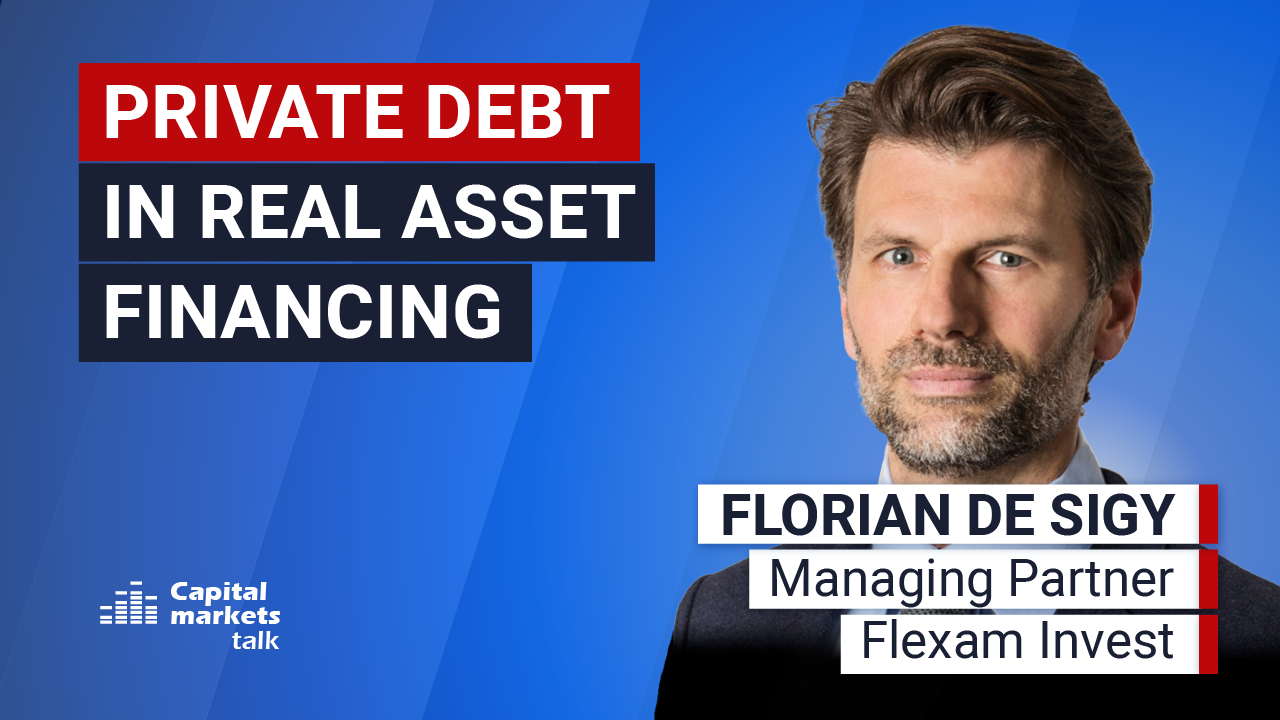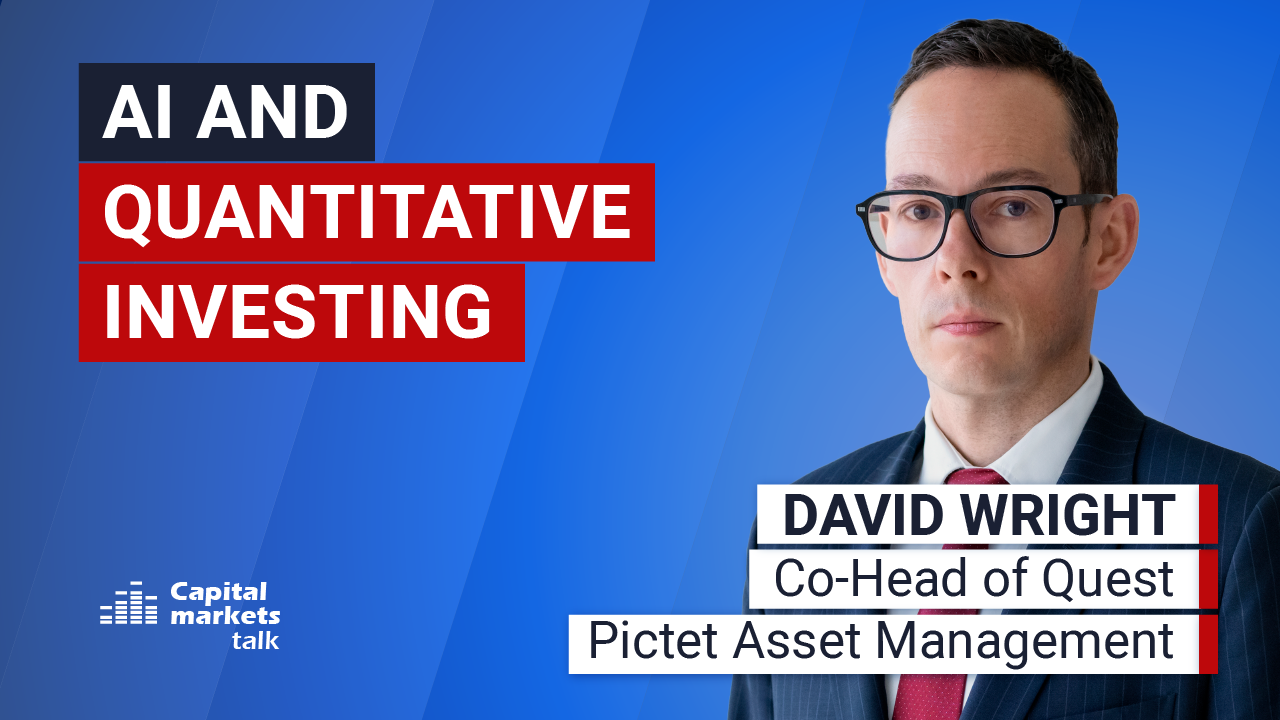Despite elevated levels of uncertainty and volatility, investment outcomes in 2023 are likely to be better compared to last year for most investors, as per T. Rowe Price. Moreover, the asset manager believes five key investment trends will influence markets over the next 12 months. They are — inflation, policy, recession, uncertainty and opportunity.
“After surging to multi‑decade highs in 2022, inflation is likely to recede erratically in 2023,” opines Yoram Lustig, Head of Multi-Asset Solutions, EMEA & Latam at T. Rowe Price.
According to Lustig, inflation in the US and Europe is expected to recede in 2023, but global inflation may rise after China’s economic reopening.
Furthermore, the asset manager predicts that monetary policy tightening will likely peak in 2023. “Until they can declare a victory in the war against inflation, central banks are likely to keep policy rates in restrictive territory,” writes Lustig.
“The good news is that markets should not undergo the steep tightening of financial conditions experienced in 2022, as central banks move to pause hikes as disinflation sets in,” he adds.
Additionally, T. Rowe Price believes that a recession in 2023 is a risk as well as an opportunity. This is because recession removes weaker companies from the market while stronger businesses emerge, resulting in a reasonable allocation of capital.
Among other major investment trends in 2023, geopolitical events and polarisation in politics will create an environment of uncertainty, claims Lustig. “When geopolitical events drive sentiment, markets can oscillate between risk‑on and risk‑off, challenging logical, fundamentals‑based investing,” he writes.
In terms of new opportunities, the asset manager believes that change and more reasonable valuations will open new avenues for long-term investors in 2023. According to Lustig, last year saw a fall in valuations. However, he believes that lower valuations now will translate to higher expected returns in future.
“One theme woven across all others is change. Some existential risks, such as wars, climate change and social transformation, create uncertainty. However, they also bring opportunities for investors who can lean into the change and benefit from its disruption,” the asset manager concludes.
View the full insight here.
Read more

Global Trade
Trump ignites global trade war / Reactions
The USA itself will be the victim of Trump’s trade policy.

Private Debt
The case for private debt in real asset financing
What makes the combination of private debt and real assets particularly compelling in today’s market?

Schroders
Looking ahead: 30-year return forecasts
Higher returns are expected across asset classes, driven by stronger productivity growth for equities and elevated long-term central bank rate projections for bonds.

Quant Investing
AI and quantitative investing
Artificial intelligence applications go way beyond stock selection.

Bellevue Asset Management
Demographics and AI drive MedTech stocks
MedTech investment case: What makes it attractive, which trends stand out?





















